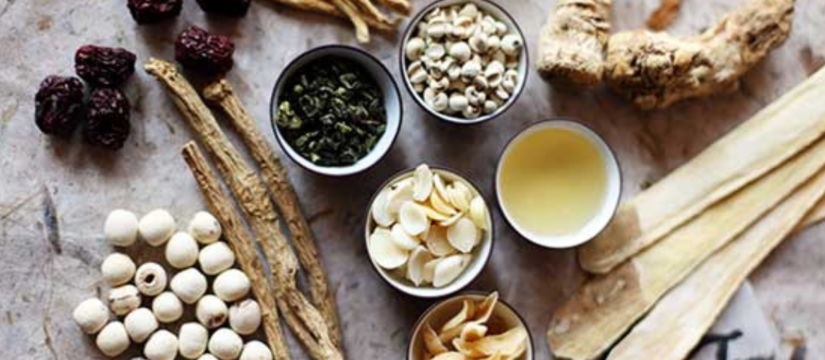
Herbal Remedies in Traditional Chinese Medicine
- September 13, 2019
- 17 Likes
- 296 Views
- 0 Comments
Traditional Chinese Medicine (TCM) is celebrated not only for its acupuncture and Qi-based therapies but also for its extensive use of herbal remedies. With a history spanning thousands of years, TCM herbal medicine has evolved into a sophisticated system that addresses a wide range of health concerns. In this article, we delve into the fascinating world of TCM herbal remedies, exploring their principles, benefits, and how they can enhance your holistic wellness.
The Principles of TCM Herbal Medicine
TCM herbal medicine operates on the same foundational principles as other aspects of Traditional Chinese Medicine. These principles include:
- Balance and Harmony: TCM seeks to restore balance and harmony within the body, considering it essential for overall health and well-being.
- Yin and Yang: Herbal remedies are often classified as Yin or Yang based on their energetic properties. Achieving the right balance between these opposing forces is crucial for restoring health.
- Five Elements: Herbs are categorized into the five elements (Wood, Fire, Earth, Metal, and Water) to match specific imbalances or conditions in the body.
- Qi and Blood: Herbal formulas are designed to nourish Qi (vital energy) and Blood, promoting the body’s natural healing processes.
The Role of Herbal Remedies in TCM
Herbal remedies are prescribed by qualified TCM practitioners who take into account an individual’s unique constitution, symptoms, and the underlying causes of their health issues. Here’s how herbal remedies play a vital role in TCM:
- Customized Formulas: TCM practitioners create customized herbal formulas for patients, combining various herbs to address specific health concerns while maintaining balance.
- Holistic Approach: Herbal remedies consider the whole person, addressing not just symptoms but also the root causes of illness or imbalance.
- Preventative Care: TCM herbal medicine is not only used to treat existing conditions but also as a preventive measure to maintain overall health and prevent illness.
- Minimal Side Effects: When prescribed by a trained practitioner, TCM herbal remedies are generally safe and have fewer side effects compared to some pharmaceuticals.
Common TCM Herbs and Their Uses
TCM boasts an extensive herbal pharmacopeia, with thousands of herbs at its disposal. Here are a few well-known TCM herbs and their uses:
- Ginseng (Ren Shen): Known as the “king of herbs,” ginseng is valued for its adaptogenic properties, promoting energy, vitality, and resilience.
- Astragalus (Huang Qi): Astragalus is used to boost the immune system, increase energy, and improve overall vitality.
- Chrysanthemum (Ju Hua): Chrysanthemum flowers are commonly used to soothe the eyes, reduce heat in the body, and relieve headaches.
- Dong Quai (Dang Gui): This herb is revered for its ability to support women’s health, particularly in regulating menstrual cycles and alleviating menopausal symptoms.
- Turmeric (Jiang Huang): Turmeric is used for its anti-inflammatory properties and is often prescribed to alleviate joint pain and digestive issues.
TCM Herbal Medicine in Modern Wellness
As the demand for natural and holistic healthcare grows, TCM herbal medicine is gaining recognition in Western societies. Scientific research continues to explore the therapeutic potential of TCM herbs, and many people are turning to these remedies for a wide range of health concerns, from digestive issues to stress management.
TCM herbal medicine offers a holistic approach to wellness that aligns with the principles of balance, harmony, and individualized care. Whether you seek to address specific health issues or simply want to maintain your overall well-being, consider exploring the world of TCM herbal remedies—a tradition that has stood the test of time and continues to contribute to the diverse landscape of modern wellness.



Leave Your Comment